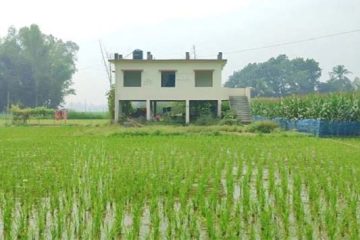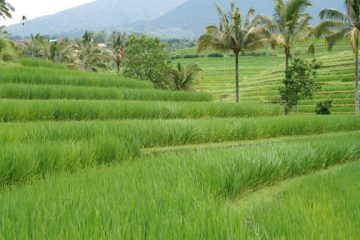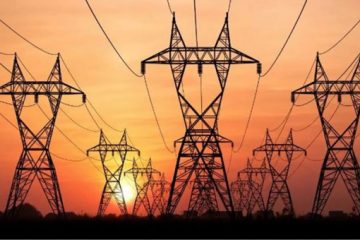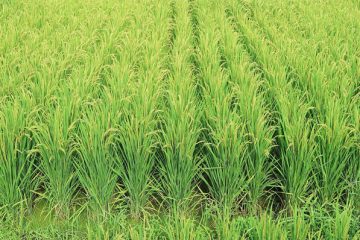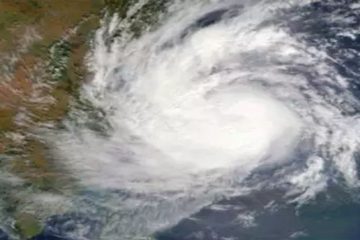Obaidul Ghani
The government is planning to revise the fertiliser dealership policy as soon as possible after the current boro season to ease fertiliser distribution and sale at the grassroots level, said agriculture ministry sources on Wednesday.
The above decision was taken at a meeting of the National Coordination and Consultant Committee on Fertiliser Management, held at the agriculture ministry on Sunday with agriculture minister Matia Chowdhury in the chair.
Under the new fertiliser dealership policy, the farmers at the grassroots level will be able to buy their required amount of fertilisers from the retailers, who will be supplied by the dealers from the upazila and district levels.
Earlier the fertilisers were sold and distributed by some 4,500 dealers registered under the Bangladesh Chemical Industries Corporation. But on November 2007, the interim government decided to appoint some sub-dealers across the country.
Each dealer appointed three sub-dealers who were selling fertilisers at the union level. The then government also introduced the ‘slip system’ under which slips were issued by sub-assistant agriculture officials in their unions to farmers on the basis of their need, and the farmers had to show the slips to the dealers to buy the fertilisers.
But later the slip system was abandoned by the government.
Some 20,000 dealers are involved at present in selling fertilisers but the crisis in fertiliser distribution is not yet over, said a high official of the agriculture ministry, adding that it has made the government decide to alter the present fertiliser distribution policy after the current boro season.
Regarding the new dealership policy, the chairman of Bangladesh Fertiliser Association, Kafiluddin Ahmed, told New Age that the decision is yet to be finalised but it will be helpful for the farmers as they will get fertilisers in the shops around their doorsteps.
The BFA’s chairman, however, admitted that the existing 15,000 sub-dealers have now become unmanageable by the government.
The meeting also discussed the bank interest for the non-urea fertilisers which were imported in the July-December period of 2008 by the private sector fertiliser importers and have remained unsold so far.
Due to the price hikes of fertilisers in the November-December period, some one lakh tonnes of Triple Super Phosphate and about 85,000 tonnes of Muriate of Potash remain unsold by the private sector, which imports 1.50 lakh tonnes of TSP and some 1,33,500 tonnes of MoP annually.
The unsold fertilisers of the Bangladesh Agricultural Development Corporation amount to about 1.24 lakh tonnes of TSP and 65,000 tonnes of MoP.
The government has set a target of importing some four lakh tonnes of TSP and 3.50 lakh tonnes of MoP for the 2008-09 fiscal year, but the private sector importers and the BADC has imported only 3 lakh tonnes of TSP and 2,06,500 tonnes MoP so far.
Courtesy of www.newagebd.com

